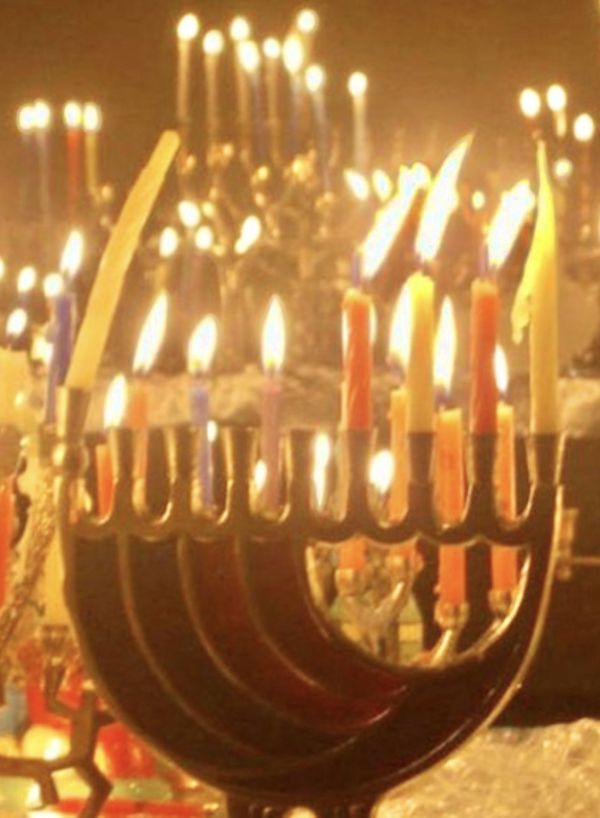(Jn 11:45-56)
Christ is all that the Jewish feasts had promised and proclaimed.
They deciphered authoritatively, but unconsciously [vv.47-52 take pleasure in double entendre words].
In fact, the high priest spoke in the name of God: he interpreted the situation in a divinely inspired way.
In Christ the people was setting out to fulfill the promise made to Abraham: the era of the dispersion of women and men was ending.
The Cross would have fulfilled the vocation of the Temple: recomposition of the people and unity of the human being from the arid and distant land, in sharing and gratuitousness.
But what could were being the starting point (energetic) also for Jesus, not to withdraw into the limits of his own environment down to the details, and activate a path of rebirth?
The community of Bethany [«house of the poor»] is an image of the first realities of Faith, destitute and composed only of brothers and sisters.
Person-friendly. Where people “looked” at each other, and those bonds that prevented them from going beyond the already known could be dissolved.
Nest of healthy relationships, which was also able to make sense of wounds.
«House of the poor» is the only place where Jesus was at ease, that is, the only reality in which we can still recognize Him alive and present ‘in the midst’ - available, equidistant. Source of life for the modest and needy.
In the passage from the Gospel, the comparison with the vulgar cunning of the authorities and the out-of-scale dimension of the places and festivals is strident.
As if there no sap flowed between the Holiness of God and the real life of the discharged people.
Although the Master did good - as in all regimes, there was no shortage of delators (v.46).
On the other hand, a large part of the inhabitants of Jerusalem found their material sustenance in the induced of the Temple activities.
Top ones in the class could never have been persuaded to follow a stranger who intended to supplant the official institution and privileged positions, with an unadorned utopia.
The throne of the princes of the fraternal House was conversely without ‘cushions’, and the community co-ordinator a woman: Martha [«lady»]. Leader in reverse, servant.
In such guise, Bethany gave hints of new life, because of its very composition, and ‘intimate spirit’.
Hearth free of standards and roles of primacy.
Reality devoid of struggles, defences, positions, vested interests: all tensions to 'fix' things which still mark us downwards, towards sloppiness.
Under Domitian these small alternative realities - caring for the small and distant - had to live like Jesus: clandestine.
They paid for unity, with the cross. But they renewed the life of the empire.
[Saturday 5th wk. in Lent, April 12, 2025]












